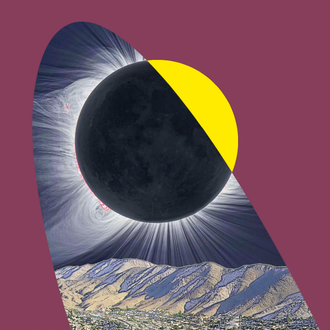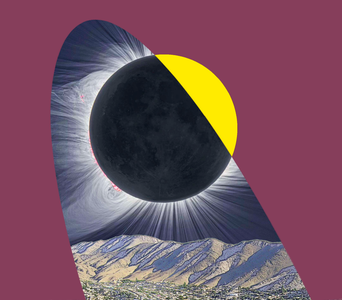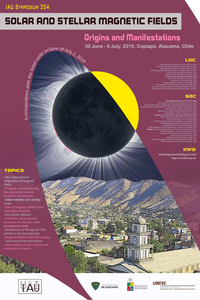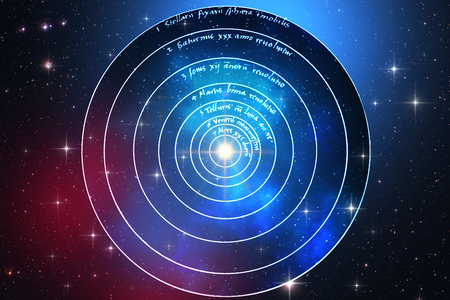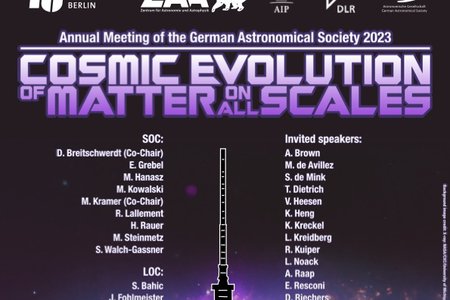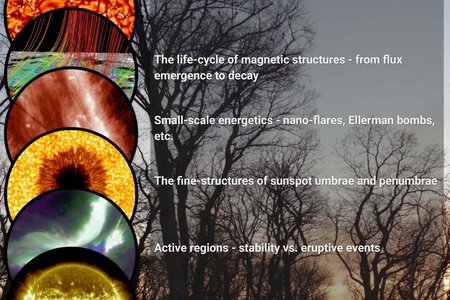IAU Symposium 354: Magnetfelder der Sonne und der Sterne
The Leibniz-Institute for Astrophysics Potsdam (AIP) and the New Jersey Institute of Technology jointly invite to a symposium of the International Astronomical Union. It will be taking place during the total solar eclipse in Chile in summer 2019. Its topic is one of AIPs central scientific interests: solar and stellar magnetic fields.
One of the mysteries of solar and stellar magnetism research is the origin of extreme flare events. Despite the sun's very weak magnetic cycle, some of the strongest flares in the history of observations were sighted in 2017. How are such observations related to the magnetism of stars that produce massive super-flares? What physical mechanism may cause such extreme events? These and more questions will be discussed at the conference. What is more, the role of stellar magnetism in the interactions of stars and their planets is of special interest for determining conditions for the habitability of planets.
The Symposium will include an open public session on solar eclipses and planetary transits. In particular, total solar eclipses provide high-resolution measurements of the magnetic field in the low corona, which cannot be obtained by any other means. The Symposium has thus been organized to embrace the total solar eclipse in Chile on July 2nd. In addition, this session will present a broad historical overview of solar eclipses, planetary transits, their role in astronomy, as well as a general talk on habitability of exoplanets.
More information and the registration form for the symposium can be found on the conference web page.
Images
Detail from the conference poster
Big screen size [1000 x 875, 740 KB]
Original size [1274 x 1116, 1.1 MB]
Conference poster
Big screen size [1000 x 1500, 1.8 MB]
Original size [1274 x 1911, 2.6 MB]
